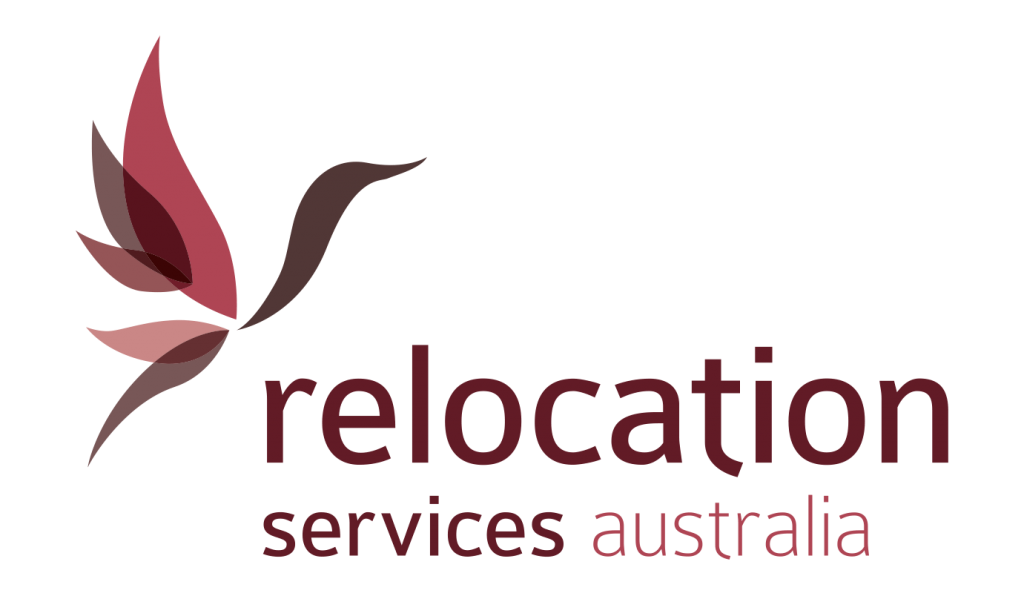Understanding the Australian Healthcare System
Australia boasts one of the most efficient and comprehensive healthcare systems in the world. This blend of public and private healthcare services ensures that all citizens have access to necessary medical care, regardless of their financial situation. When relocating to Australia, understanding how this system operates is crucial for managing your family’s health-related needs. Let’s dive into the key components of Australia’s healthcare system…
Medicare: The Foundation of Public Healthcare
Medicare is the cornerstone of Australia’s public healthcare system. It ensures that basic health services are affordable and accessible, allowing residents to receive necessary care without incurring significant out-of-pocket expenses. Medicare aims to provide free or subsidised access to a range of medical services, including:
Doctor consultations: Most visits to General Practitioners (GPs) and specialists.
Hospital treatment — public hospital stays and treatments, including surgeries.
Medical tests and examinations — pathology tests, X-rays, and other diagnostic services.
Medications — subsidised prescription medications under the Pharmaceutical Benefits Scheme (PBS).
Private Healthcare
While Medicare provides comprehensive coverage, many Australians opt for private health insurance to access additional services and benefits. Private health insurance is particularly beneficial for those seeking quicker access to elective procedures, more comfort in private hospital settings, or a wider range of healthcare services not fully covered by Medicare. Private health insurance can cover:
Private hospital care — including the choice of doctor and shorter waiting times for elective surgeries.
Dental and optical services — routine dental check-ups, orthodontics, glasses, and contact lenses.
Allied health services — physiotherapy, chiropractic services, and more.
Reciprocal Health Care Agreements (RHCA)
Australia has arrangements with eleven countries—called Reciprocal Health Care Agreements (RHCA)—to allow most visitors from those places to use the Medicare public health system. Medicare allows Australians to access certain medical treatment or services at a subsidised price. If you're from one of these countries, you could save money on some of your medical treatments.
The RHCA is open to most visitors from Belgium, Finland, Italy, Malta, Netherlands, New Zealand, Norway, Republic of Ireland, Slovenia, Sweden and the United Kingdom.
It’s important to keep in mind that even if you’re eligible under an RHCA, you won’t be covered for all health care services, such as non-essential medical treatment, ambulance trips, visits to the dentist, or new glasses. And if you’re an international student from Finland, Norway, Malta or the Republic of Ireland, you won’t be covered under the RHCA. So either way, it’s a good idea to take out private health insurance, from providers such as HSBC, Medibank or BUPA.
Primary Care and General Practitioners
Primary care, primarily delivered by GPs, is the first point of contact within the healthcare system. GPs play a crucial role in providing preventive care, diagnosing and managing common illnesses, and coordinating specialist care when needed. It is encouraged to have a regular GP to maintain continuity of care and manage your overall health effectively.
Specialist Care and Referrals
Access to specialist care in Australia typically requires a referral from a GP. This system ensures that specialist services are used appropriately and that patients receive coordinated care. Specialists in areas such as cardiology, dermatology, and psychiatry provide targeted expertise and treatment for specific health conditions.
Hospital Care: Public and Private Options
Australia’s hospital system includes both public and private hospitals. Public hospitals are funded by Medicare and provide free treatment to public patients. However, waiting times for non-emergency procedures can be longer. Private hospitals, funded through private health insurance and out-of-pocket payments, offer shorter waiting times and a choice of specialists and accommodations.
Pharmaceutical Benefits Scheme (PBS)
The PBS is a government program that subsidises the cost of many prescription medications, making them more affordable for Australians. It covers a wide range of medications, including those for chronic conditions like diabetes, heart disease, and mental health disorders. The PBS ensures that essential medications are accessible to those who need them.
